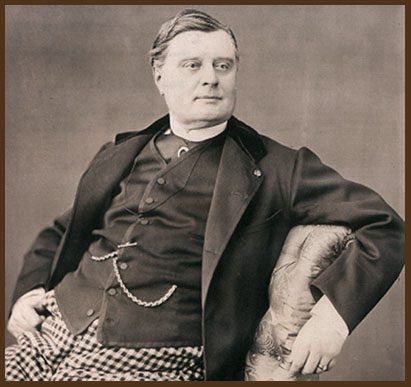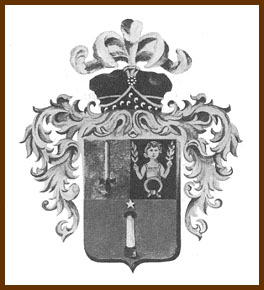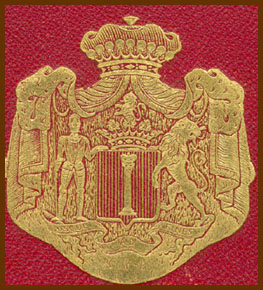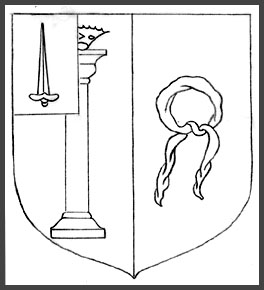
Inhabiting a sophisticated sphere, Count Walewski was always a courteous and reasonable - though assertive - man of order.
In Napoléon III, he admired the politician behind a regime that was by far one of the most economically and socially prosperous government systems in France for 20 years.
He had devotion, affection, loyalty and respect for the Emperor.
In return, the Emperor gave him a great and deep friendship.
As French Ambassador to Great Britain (1850-1855), he contributed by getting the courts of Europe to accept the French imperial regime, and when he was Foreign Affairs Minister (1855-1860), he reorganized the diplomatic services.
Tending to be a moderate liberal, not much of an interventionist, and very far removed from the French and Italian revolutionary spirit, he did all he could to keep the peace with the allies of the Holy Alliance, who defeated his father in 1815. In his mind, this was the best way to ensure the continuity of France and the imperial regime, re-established on 2 December 1852.
A staunch European, he did not approve of the many repeated foreign interventions (Balkans, Russia, China, Mexico in alliance with England, Cochin-China, North Africa, Benin, Senegal, Lebanon, Syria, Italy, Germany, etc.), even though France was expanding with overseas territories in the name of the principle of France's civilizing mission or the search for trade opportunities or raw materials for its booming industries.
Alexandre Walewski seriously demanded only one intervention outside of France: in 1866, at the time of Prussia's victory over the Austrians in Sadowa. And he probably would have approved an intervention in Poland if France and England had decided on it.
His great clear-headedness allowed him to see the early warning signs of the catastrophe of 1870, which destroyed the imperial regime and which was to lead France into three wars with Germany.
Sadly, he died prematurely in 1868, two years before Sedan and the Commune.
It is possible to think that just like Clarendon and Morny, who both died as well, he would have prevented Napoléon III, who was very weakened due to illness, from declaring war on Prussia.
He can be proud of having been a faithful servant of France, a wish expressed by Emperor Napoléon 1er in his testament.
Today's descendants of Emperor Napoleon Ier and Marie Walewska, and in particular those of Count André Walewski, the male branch of the family, are proud of their ancestry and, through their active participation in many Napoleonic associations and foundations, are setting out to preserve the memory and honour of the two French Empires.
Verbier on 26 January 2008
Excerpt from my lectures
Alexandre Walewski


